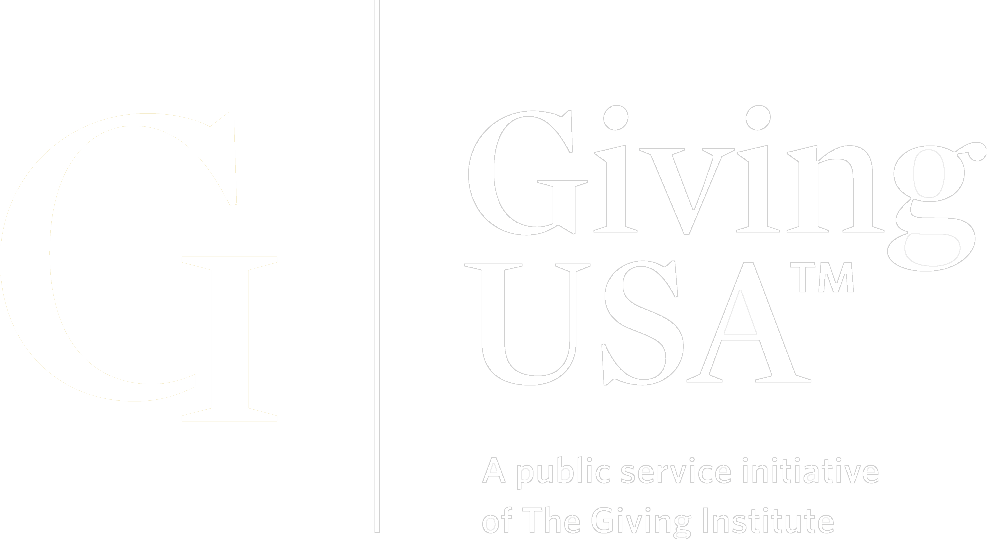“I’ll need to check with my financial advisor about that.”
Jeffrey D. Byrne
President + CEO
Hasn’t every fundraiser or CEO heard this response when soliciting a prospective donor for a major gift? “Let me check with my financial advisor about that $50,000 pledge you requested.” That normally sends chills up and down the spines of fundraisers: the dreaded financial advisor “hand-off” by your trusted donor or donor prospect.
So, what does this mean to you? What are you going to do about it?
A recent study1, released by U.S. Trust/Bank of America Private Wealth Management in partnership with The Philanthropic Initiative (TPI), reveals some disconnects in conversations with high net worth (HNW) individuals and their professional advisors. The majority of HNW individuals who discuss philanthropy with their advisors do believe the conversations are important, and that their advisors play an important role in their charitable giving. The study also reveals there is room for improvement in how advisors counsel their clients about philanthropy. This study gives fundraisers a valuable glimpse into that “mysterious world” of the donor/advisor relationship.
Professional advisors almost universally agree that philanthropy plays an important role in their clients’ wealth experience. And with HNW households maintaining a strong commitment to charitable causes, (95% of HNW households report they support at least one charity, with an average amount given of $52,7702), philanthropy is clearly at the forefront of wealth management discussions.
To better understand the dynamics between HNW individuals and their advisors, specifically regarding approaches to philanthropy, U.S. Trust partnered with TPI in August 2013 to survey more than 300 financial advisors (trust and estate attorneys, accountants, tax professionals and wealth advisors) and 120 HNW individuals (with $3 million or more in investable assets who were also actively engaged in charitable giving).
“Individuals and families are increasingly turning to their financial advisors to help them achieve their philanthropic goals,” said Lewis Gregory, Senior Vice President and Private Client Advisor with U.S. Trust in Kansas City. “Our recent study of these philanthropic conversations reveals the patterns and priorities of America’s wealthiest donors and provides valuable insights into the strategies, vehicles and approaches that can make giving more effective.”
We know (and probably without being told) that conversations between major donors and their financial advisors are taking place. But what are they discussing? And who is leading the dialogue? Some of the key findings from the study may surprise you:
- Most advisors (89%) discuss philanthropy with at least some of their clients, and 71% make it their regular practice to ask clients about their interests in charitable giving.
- Meanwhile, only 55% of HNW individuals say they discuss philanthropy with a professional advisor.
- One-third of advisors (33%) say they initiate these discussions with their clients, and that clients initiate them just 20% of the time.
- However, among HNW individuals who report having discussed philanthropy with an advisor, half (51%) say they are typically the one to initiate the conversation, and that their advisor brings up the subject just 17% of the time.
- And even if they are not discussing philanthropy with an advisor, most HNW individuals (90%) are discussing it with someone – a spouse or partner (84%), other family members (48%), friends (37%) or the nonprofit to which they give (33%).
HNW individuals are more concerned about philanthropic discussions taking place early in the advisor relationship than they are about who initiates the conversation. Advisors, however, indicate they are more likely to introduce the subject after they have greater knowledge of the client’s personal or financial goals, when the client has accumulated a certain amount in assets or when they are aware a client volunteers/is active in the community.
- Among advisors who discuss philanthropy with their HNW clients, nearly all (91%) encourage their clients to give to charity.
- Approximately half of advisors (48%) discuss their own charitable giving with their clients.
- Many HNW individuals (34%) indicate they would be more open to discussing charitable giving, or would perceive the value of the philanthropic advice from an advisor to be greater (43%), if they were aware of the advisor’s own philanthropic involvement.
There is consistency between HNW individuals and their advisors when it comes to motivations for giving. HNW individuals reported their top three reasons to give:
- Being passionate about a cause
- Having a strong desire to give back
- Having a positive impact on society and the world
Advisors, too, believed these to be the key motivations for their clients’ philanthropy.
Three out of four advisors (74%) responded that philanthropic dialogue with clients is beneficial. More than half (57%) of advisors intend to increase their knowledge about philanthropy, to improve their ability to advise clients about charitable giving. Of these advisors wishing to improve their proficiency in offering philanthropic guidance, they shared the following goals:
- Helping clients form a strategic giving plan and mission (55%)
- Understanding more about giving vehicles (50%)
- Integrating client philanthropic values/goals into an overarching wealth management plan (46%)
- Engaging the next generation in giving (45%)
- Understanding the role that social impact investing has on clients’ philanthropic pursuits (38%)
After all is said and done, fundraisers and financial advisors are working toward a common objective: knowing what matters most to our donors/clients. So the next time your donor says he’s/she’s going to seek advice from their financial advisor, you will now know how to better respond and help manage expectations. You will have a better perspective about your donor’s decision-making process, and should feel empowered to seek input into the discussion. This is an excellent way to deepen your relationship with your donor and deepen your donor’s relationship with your organization.
1: The U.S. Trust Study of the Philanthropic Conversation, October 2013 (Read the full study here.)
2: The 2012 Bank of America Study of High Net Worth Philanthropy, November 2012


